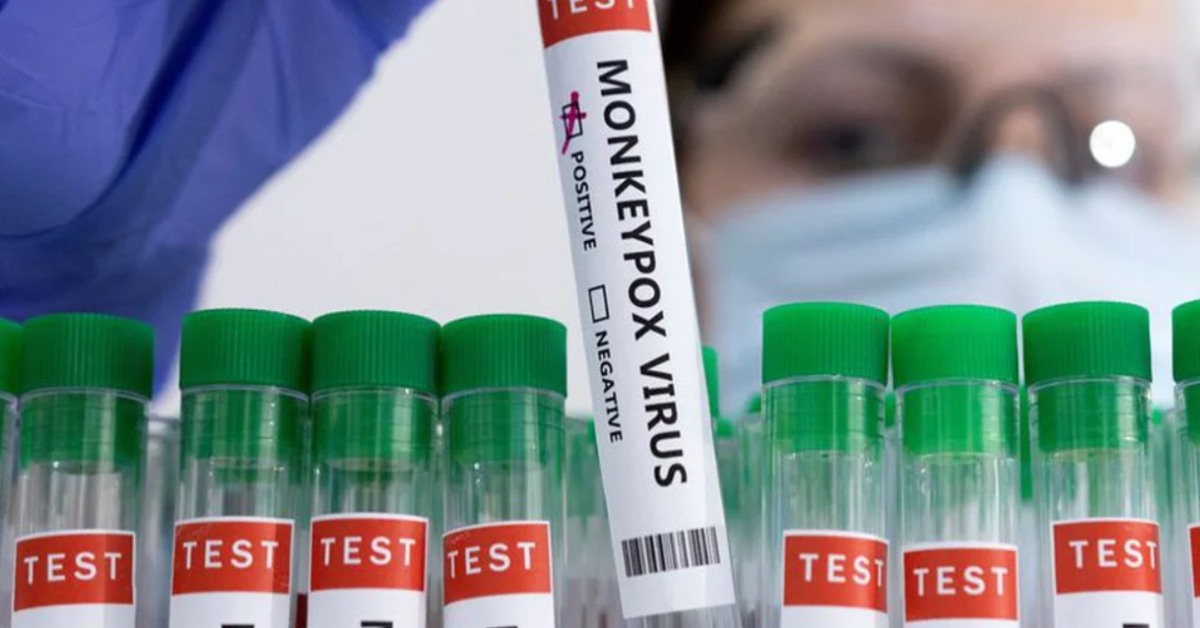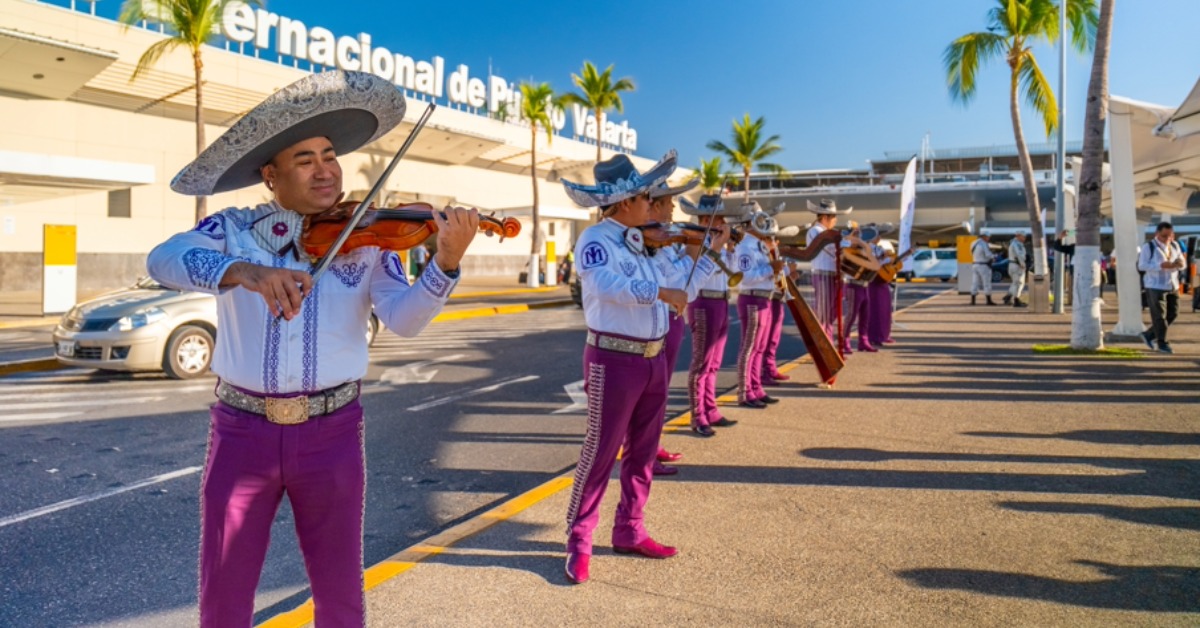The Jalisco Health Secretariat (SSJ) has reported a total of 156 cases of monkeypox in the state since the first known case in the state was reported on June 4, 2022, meaning an increase of 29 cases since last week's minimal transparency report was released.
Since the first reported case in the state, SSJ has released weekly reports every Monday on the spread of Monkeypox in the state, including the exact number of weekly infections, the location of each positive case, and if the patient had recent travel. However, that transparency ended last month and shows . . .






